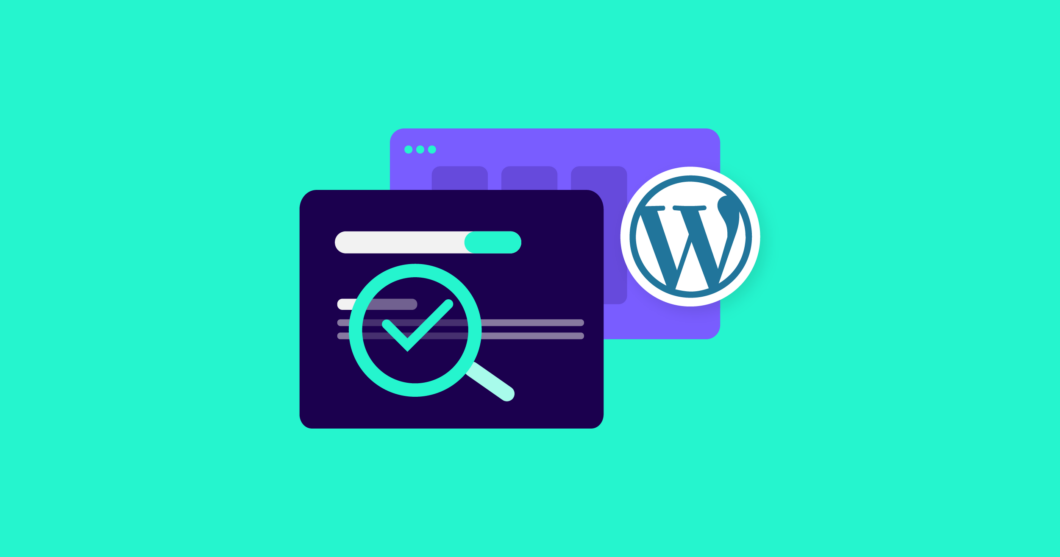WordPress is one of the most popular website-building platforms in the world, but just creating a website isn’t enough. If your website is slow or doesn’t rank on Google, it won’t attract visitors or generate business. That’s why SEO (Search Engine Optimization) and performance optimization are essential in WordPress development.
In this blog, we’ll explore how you can improve your website’s SEO and speed to get better rankings and user experience.
Why SEO and Performance Optimization Matter
A well-optimized WordPress website helps in:
- Higher Google rankings – More visibility means more traffic.
- Faster loading times – A slow website makes visitors leave quickly.
- Better user experience – Visitors stay longer on a fast, well-structured site.
- More conversions – A well-optimized site turns visitors into customers.
Now, let’s dive into how you can improve SEO and performance in WordPress.
Step 1: Improve Your Website’s SEO
SEO is all about making your website search-engine-friendly. Here’s how you can do it:
1. Use an SEO Plugin
WordPress has amazing SEO plugins like Yoast SEO and Rank Math that make optimization easy. These plugins help with:
- Optimizing your meta titles and descriptions.
- Creating SEO-friendly URLs.
- Generating XML sitemaps for Google indexing.
2. Optimize Your Content
Great content is the key to SEO success. Make sure you:
- Use keywords naturally – Avoid keyword stuffing.
- Write engaging blog posts – Answer users’ questions.
- Use headings and subheadings (H1, H2, H3) – It makes reading easier.
3. Optimize Images for SEO
Images can slow down your website if they’re not optimized. Here’s how to fix it:
- Use compressed images – Tools like TinyPNG can help.
- Add alt text – It helps Google understand your images.
- Choose the right format – Use WebP instead of PNG/JPG for faster loading.
4. Improve Internal Linking
Internal links help search engines and users navigate your website. Make sure to:
- Link related blog posts within your content.
- Use descriptive anchor text (avoid “click here”).
- Keep a proper structure for easy navigation.
5. Get Quality Backlinks
Backlinks (links from other websites to yours) improve SEO. You can get them by:
- Writing guest posts on other blogs.
- Submitting your site to directories.
- Getting featured in industry-related articles.
Step 2: Boost Your WordPress Website Performance
A fast website not only improves SEO but also enhances user experience. Here’s how to make your WordPress website load faster:
1. Choose a Fast & Reliable Hosting Provider
Your hosting plays a huge role in website speed. Opt for:
- Managed WordPress hosting like SiteGround, Kinsta, or WP Engine.
- Cloud-based hosting for better performance.
- A host with a good CDN (Content Delivery Network).
2. Use a Lightweight WordPress Theme
Heavy themes slow down your site. Choose lightweight themes like:
- Astra
- GeneratePress
- Neve
3. Optimize Caching
Caching reduces loading time by storing copies of your site. Use plugins like:
- WP Rocket – Best for speed optimization.
- W3 Total Cache – Free and powerful.
- LiteSpeed Cache – Great for LiteSpeed servers.
4. Minify CSS, JavaScript & HTML
Too many files slow down websites. Minify them using:
- Autoptimize
- WP Fastest Cache
- WP Super Minify
5. Remove Unnecessary Plugins
Using too many plugins makes your website slow. Keep only essential plugins and delete the rest.
6. Enable Lazy Loading
Lazy loading ensures images and videos load only when needed, reducing initial page load time. You can enable this with:
- Jetpack
- Lazy Load by WP Rocket
7. Use a Content Delivery Network (CDN)
A CDN helps deliver your content faster to users worldwide. Popular CDNs include:
- Cloudflare
- BunnyCDN
- StackPath
Conclusion
SEO and performance optimization are essential skills for every WordPress developer. A well-optimized website not only ranks higher on Google but also loads faster, keeping visitors engaged and improving conversions.
If you’re looking to master WordPress development, the WordPress development training program at CV Infotech Training is the perfect place to start. This training will teach you how to build SEO-friendly, high-performance websites while giving you hands-on experience with industry best practices.
Take the first step towards becoming a skilled WordPress developer—join CV Infotech Training today!

